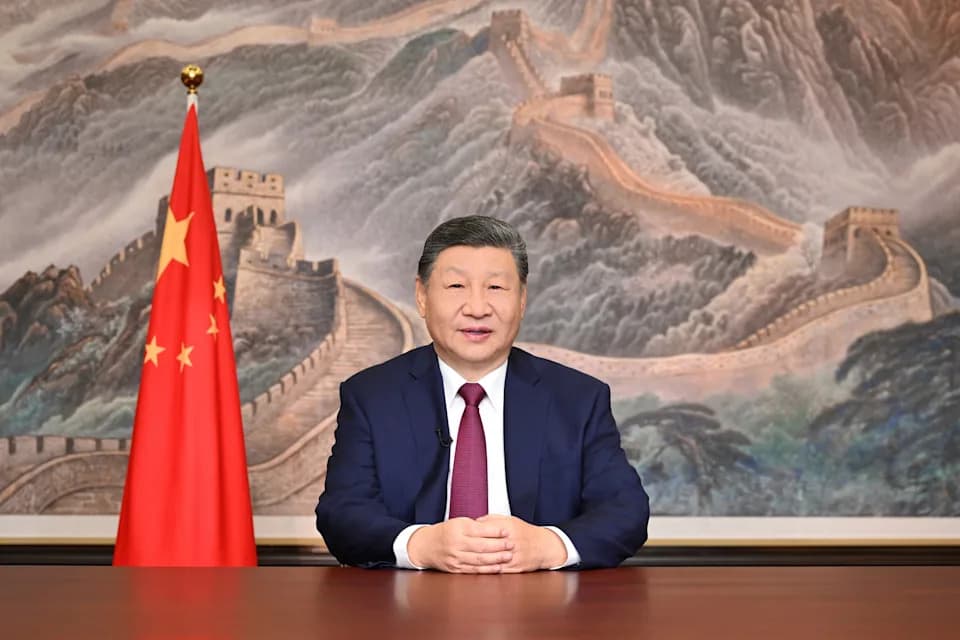China has reportedly suspended imports of Japanese seafood amid a diplomatic dispute triggered by Prime Minister Sanae Takaichi's suggestion that Japan might intervene militarily over Taiwan. Beijing has also advised against travel to Japan and delayed screenings of at least two Japanese films. While Japanese officials say they have received no formal notification, the disagreement risks short-term disruption to trade and tourism as diplomats pursue talks to calm tensions.
China Reportedly Suspends Japanese Seafood Imports as Taiwan Row Deepens

Reports say China has moved to suspend imports of Japanese seafood as diplomatic tensions escalate after Japanese Prime Minister Sanae Takaichi suggested on November 7 that Tokyo could intervene militarily if Taiwan were attacked. Neither Beijing nor Tokyo has formally confirmed an official ban, but multiple Japanese outlets cited unnamed sources reporting the suspension.
What triggered the dispute
The row follows comments by Prime Minister Takaichi, which prompted a sharp response from China, which regards Taiwan as part of its territory. Beijing summoned Japan's ambassador and advised Chinese citizens to reconsider travel to Japan. State media also reported that the release of at least two Japanese films in China would be postponed.
Fukushima wastewater cited
Japanese reports said China framed the seafood move as a precaution to monitor treated wastewater being released from the Fukushima nuclear power plant, damaged in the 2011 tsunami. The International Atomic Energy Agency (IAEA) has assessed the volume of water released since the incident as equivalent to roughly 540 Olympic swimming pools and judged the discharges to be safe. Still, Chinese officials have criticized Japan's handling of the releases, with some comments describing the Pacific as a "sewer."
Official statements and denials
China's foreign ministry did not formally confirm the reported suspension. Spokeswoman Mao Ning said at a regular briefing: "Under the current circumstances, even if Japanese seafood were exported to China, there would not be a market." Japanese government spokesman Minaru Kihara said Tokyo had received "no notifications from the Chinese side on this," and urged adherence to an understanding reached between the two countries the previous September on seafood trade.
Economic and travel fallout
Trade and tourism links face immediate disruption: in 2023 shipments of Japanese seafood to mainland China accounted for 15.6 percent of total exports by value (part of a 390 billion yen seafood market). Hong Kong and the United States were notable alternative destinations. China is also a major source of tourists to Japan — nearly 7.5 million visited in the first nine months of 2025 — and industry sources say many travel bookings have been cancelled in recent days.
"Recently, 90 percent of our customers going to Japan have asked for refunds," said a Shanghai travel agency manager, reflecting growing consumer caution.
Diplomacy and next steps
Tokyo has urged its citizens in China to be vigilant and avoid large gatherings. Beijing has said it will "protect the safety" of foreigners in China while lodging a "strong protest" with Tokyo. To ease tensions, Japan's top foreign ministry official for Asia-Pacific affairs, Masaaki Kanai, met in Beijing with his Chinese counterpart Liu Jinsong. Chinese officials used the consultations to reiterate their objection to Takaichi's remarks, calling them a violation of international norms and harmful to the political basis of China–Japan relations.
At this stage, the situation remains fluid: reported trade measures have not been formally confirmed by either government, and diplomatic channels are actively engaged to defuse the dispute.
Help us improve.

























